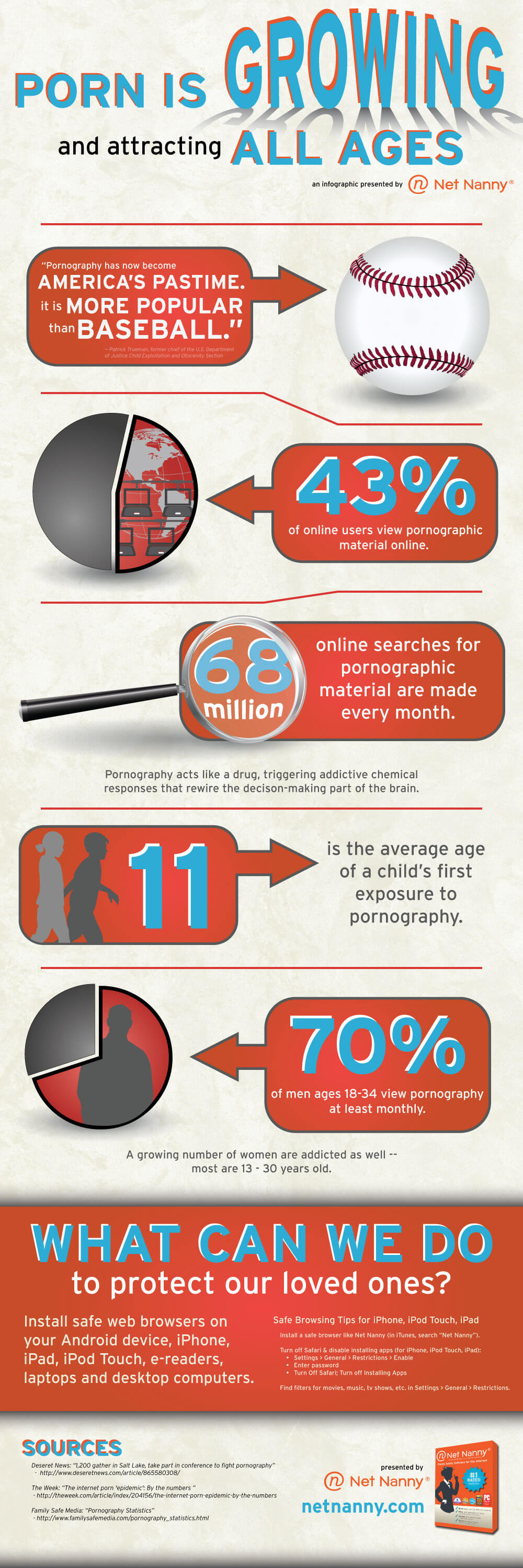Search results ({{ res.total }}):
PORNOGRAPHY
By Norman Doidge MD and The Guardian
"The appeal of the material is not the fantasy that the model will come to life; it is precisely that she will not, ever. Her coming to life would ruin the vision. It is not about life."
~ Naomi Wolf

"The appeal of the material is not the fantasy that the model will come to life; it is precisely that she will not, ever. Her coming to life would ruin the vision. It is not about life."
~ Naomi Wolf

Pornography excites the brain, in part, because it gives us license to have unabashed sex. Like art, it's a personal taste: For some, porn is exhilarating and enjoyable with a partner, but for others, it embodies exploitation of the vulnerable. It's even difficult to determine exactly what is pornographic. In fact, when a Supreme Court Justice was asked how to define pornography, he replied, "I know it when I see it."
Legally, pornography is a First Amendment issue--a form of exercising our freedom of speech. But the question remains: is it sexually liberating, or a form of sexual repression/oppression? Consider the possibility that part of our voyeuristic attraction to porn isn't as a window to flourishing sexuality but as a mirror of personal trauma. Many porn stars have their own demons driving them. Some are victims of early sexual, physical or emotional abuse. Acting in pornography or watching it compulsively may be a way of repeating trauma in an attempt to right what once went wrong.
In fact, the performance aspect of porn reminds us that sex in porn isn't really sex. It's a make-believe world built on lighting, camera angles, and the opening genital shot in extreme close-up. No genuine foreplay, no emotions, no embodied connection with another. And since we're never watching even a semblance of authentic sex between two loving consenting adults, pornography perpetuates cultural myths about women and men: Women are interchangeable sex objects without their own, unique needs, and men have permanently erect, impossibly large penises. Whatever your stance is on porn, it's important to remember that most people don't look like the actors in porn scenes. Be careful not to compare yourself and your partner to those images, or to habituate yourself to disconnected, synthetic sex.
Center for Healthy Sex
10700 Santa Monica Blvd., Suite 311
Los Angeles, California 90025
By Norman Doidge MD
In the mid-1990s I, and other psychiatrists, began to notice the following. An adult male, in a happy relationship, being seen for some non-romantic issue, might describe getting curious about porn on the burgeoning internet. Most sites bored him, but he soon noticed several that fascinated him to the point he was craving them. The more he used the porn, the more he wanted to.
Yet, though he craved it, he didn't like it (porn paradox 1). The cravings were so intense, he might feel them while thinking about his computer (paradox 2). The patient would also report that, far from getting more turned on by the idea of sex with his partner, he was less attracted to her (paradox 3). Through porn, he acquired new sexual tastes.
***
Many abused substances directly trigger dopamine secretion – without us having to work to accomplish a goal. This can damage the dopamine reward system. In porn, we get "sex" without the work of courtship. Now, scans show that porn can alter the reward centre too.
Once the reward centre is altered, a person will compulsively seek out the activity or place that triggered the dopamine discharge. (Like addicts who get excited passing the alley where they first tried cocaine, the patients got excited thinking about their computers.) They crave despite negative consequences. (This is why those patients could crave porn without liking it.) Worse, over time, a damaged dopamine system makes one more "tolerant" to the activity and needing more stimulation, to get the rush and quiet the craving. "Tolerance" drives a search for ramped-up stimulation, and this can drive the change in sexual tastes towards the extreme.
The Guardian, Sept. 26 2013
Norman Doidge MD is a psychiatrist, psychoanalyst, and the author of The Brain That Changes Itself